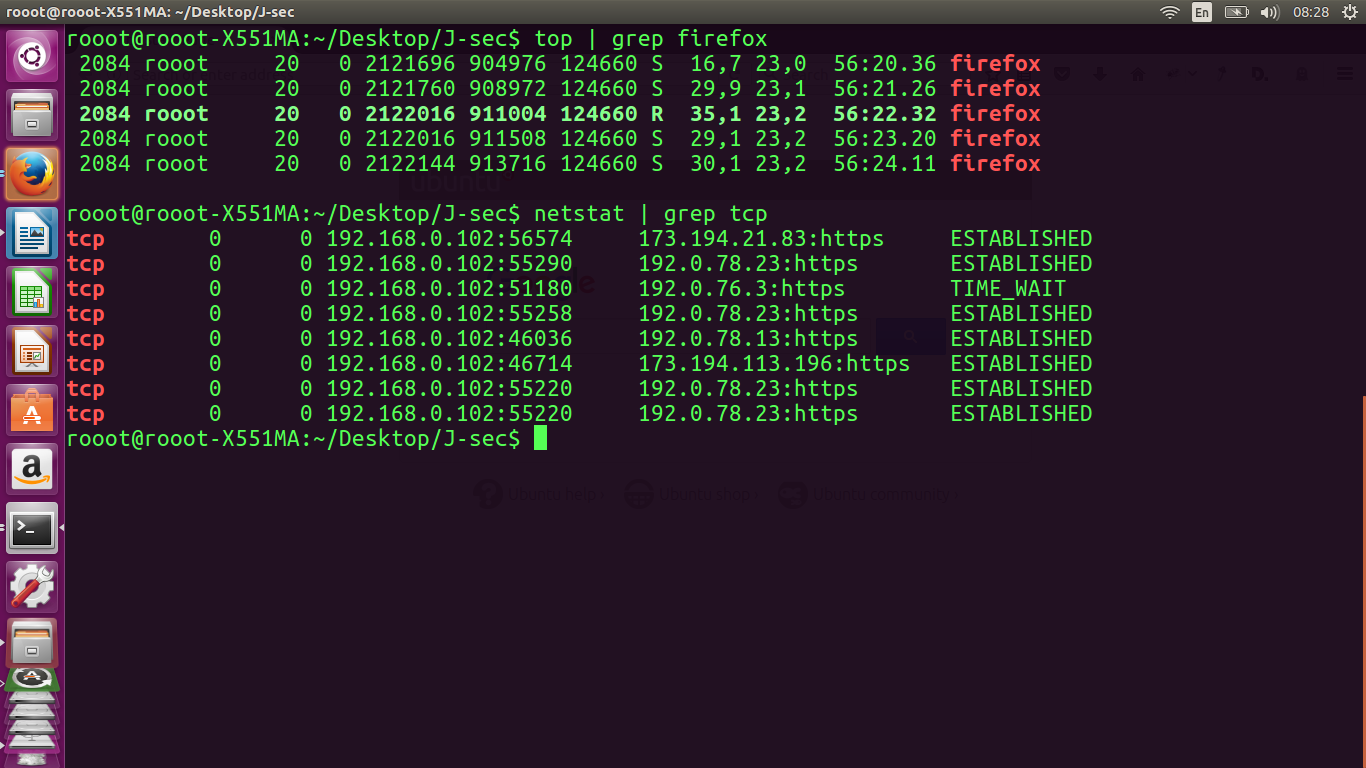


The word grep is derived from ed's (command line editor for UNIX systems) command g/re/p - "globally search for a regular expression and print matching lines" so yeah! regExp is something you should be good with to make the best use of this command. So grep is a command-line utility that will helps you search file contents!

Ok, so if you run this command in a particular directory it will the text-contents of the files for specific lines that follows a pattern using a specific word or words or something as complex as a Regular Expression provided. Typically PATTERNS should be quoted when grep is used in a shell command. PATTERNS is one or more patterns separated by newline characters, and grep prints each line that matches a pattern. ✏️ grep searches for PATTERNS in each FILE.
#GREP USAGE WINDOWS MANUAL#
If you open your terminal or bash shell and type "man grep" it will print out a manual of this command, let's see how the manual defines this term. Most of the servers are deployed on Unix/Linux operating systems that can only be accessed through the command-line interface and if there are tons of files and you need to look for a specific one that you are looking at has a huge text in it and you want to search for specific text content? grep is the command that can save you in such a scenario.
#GREP USAGE WINDOWS SOFTWARE#
You got to understand this command right if you are a computer science student or working in the software industry. Undoubtably grep (pronounced as /ɡɹɛp/) is the most powerful and highly useful command when it comes to working with terminal for a Unix/Unix-like Operating System's, be it the Apple's macOS or FreeBSD, Solaris, HP-UX or Linux.


 0 kommentar(er)
0 kommentar(er)
